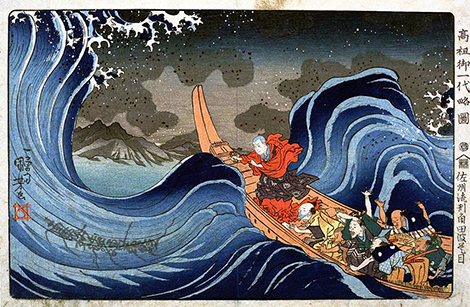
This article was published by Political Violence @ a Glance on 23 November 2016.
I have long been critical of those who think that NATO faces an existential crisis (see Wallace Thies for this debate). Much of this has been: what to do now that the main raison d’etre, the Soviet Union, is gone? The answer was very Keohane-ian – the institution was seen as too valuable for coordinating the security policies of the US, Canada, and most of Europe.
In the aftermath of the Soviet Union, NATO got involved in helping the countries of the former Warsaw Pact develop civilian control of the military (note that neither Hungary’s nor Poland’s march towards authoritarianism has involved the armed forces); try to and eventually manage the conflicts out of area (the former Yugoslavia); and fulfill the promise of Article V by helping to defend US airspace after 9/11 and then join the US in the Afghanistan effort. In much of this, there were moments of doubt – whether NATO would do what it was supposed to do. In these moments, countries kicked in enough effort regardless of how they felt about the actual operation because they wanted to preserve the alliance.
